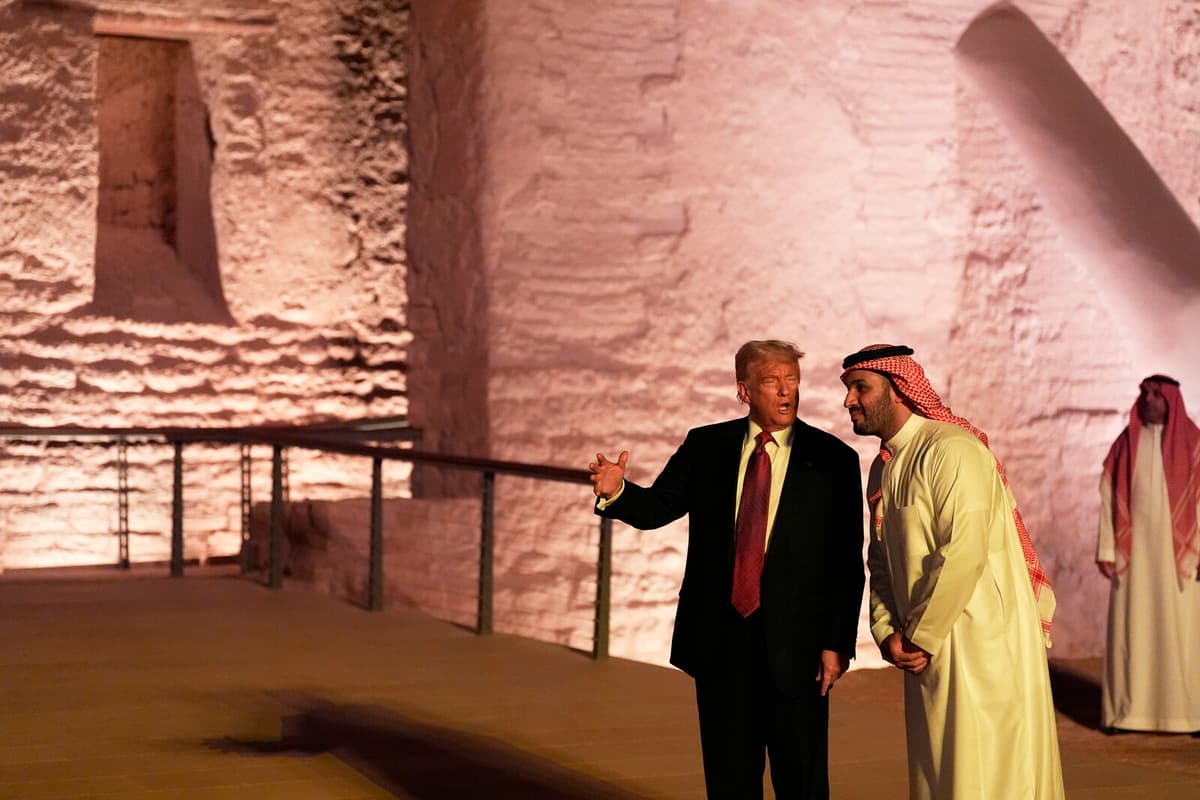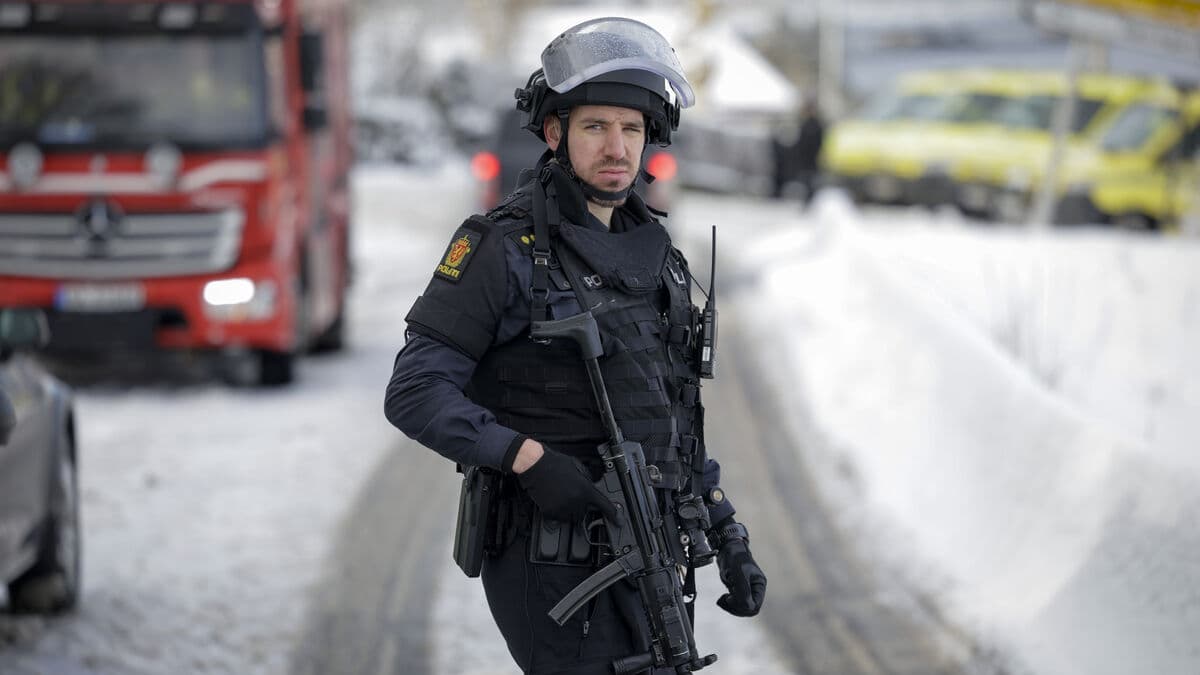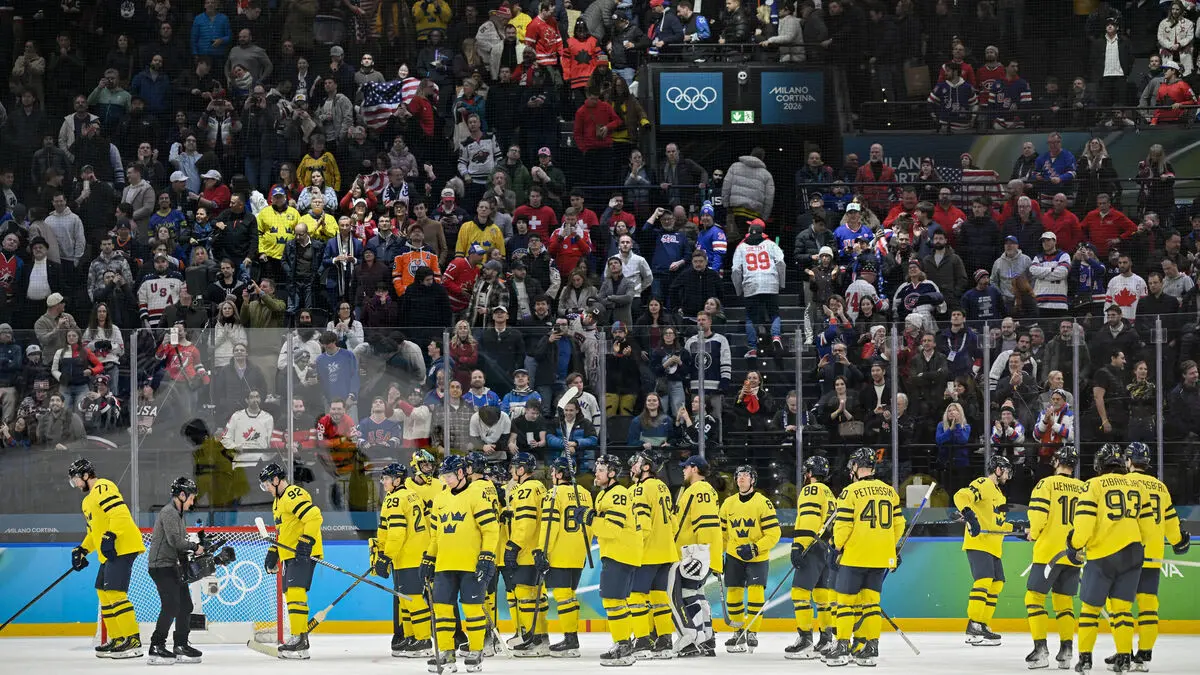Netanyahu has simultaneously promised to send a delegation to Doha in Qatar this week to resume the hostage negotiations.
Partly, it can be Netanyahu's way of putting additional pressure on Hamas ahead of the upcoming negotiations, and indirectly on the mediators, she says and continues:
The other is, of course, the domestic political situation where he has to relate to the religious nationalist settlement parties in his government, which want to see and demand a continuation of the war.
Fear of Trump's trip
The move comes as the US President Donald Trump travels around and meets the leaders of Saudi Arabia, Qatar, and the United Arab Emirates, without visiting close friend Israel. The US has also negotiated directly with Hamas and secured the release of hostage Edan Alexander, an approach that is criticized in Israel.
Trump himself has called the release a "gesture of goodwill" by Hamas.
That Hamas agreed to this concession is something that the Israelis must relate to, says Isabell Schierenbeck.
At the same time, it has been assured from the American side that Israel is still an ally to the US.
But when Trump is now on his way in and is going to make bilateral deals with these states, it is clear that somewhere in these talks, the question of Gaza will come up. There is a great fear in Israel that Trump will listen to these states and decide to exert greater pressure on Israel.
If it turns out that Israel's unwillingness to end the war is standing in the way of the agreements Trump wants to make in the region, it is possible that he will act differently towards Israel, she assesses.
Unclear Netanyahu
Netanyahu's plan to expel Palestinians from Gaza to other countries does not seem feasible to Schierenbeck.
I cannot see which states in the region would be willing to receive a large proportion of Palestinians. Egypt and Jordan will not do it. Which states is Netanyahu thinking of? It is very unclear.






